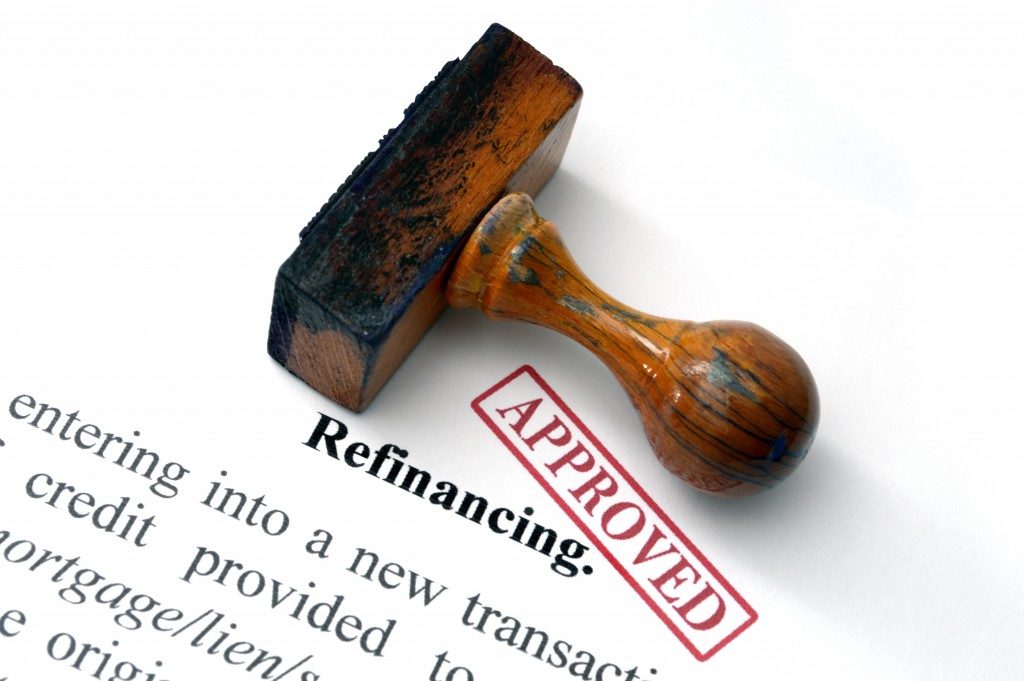If your circumstances have changed since you took out your previous loan, you may benefit from a refinance loan. Sometimes, homeowners may find their mortgage too expensive or too risky to continue living with. Other times, they may just want a better mortgage with lower interest rates.
Either way, finding a reputable mortgage company in Boston or any other location is always the first step. But before you do that, here are some things you need to know before taking out a refinance loan:
What is mortgage refinancing?
Mortgage refinancing is when homeowners pay off and replace their existing mortgage with a new loan. When mortgage refinancing costs are added to the loan, it increases the current balances, which, in turn, decreases the homeowners' equity. People who refinance their mortgage often do it to lower their existing mortgage payment or increase the balance of a mortgage. However, it is not always the best choice for everyone.
What are the pros and cons of mortgage refinancing?
When you find a better lender with a better loan offer for you, you may want to consider refinancing. In general, these are the advantages you may get when you refinance your mortgage:
- Lower interest rates. A new lender may offer you lower interest rates, which can save you more money in the long run.
- Lower monthly payments. If for some reason, you can no longer afford your current monthly payments, a new loan can have lower monthly payments.
- Consolidate debts. You can consolidate multiple debts into one loan, which can help you track your payments better and possibly get tax benefits.
- Shorter repayment term. With a shorter loan term, you can have a lower interest rate.
- Less risk. If you can no longer afford your current mortgage, it makes sense to get one with lower payments so you have reduced risk of falling behind.
On the other hand, the disadvantages associated with mortgage refinancing can be:
- Refinancing costs. Mortgage refinancing comes with transaction costs, which can be relatively expensive, depending on your lender.
- Eliminated benefits. When you get a new loan, you will lose the existing benefits that you have with your mortgage.
- Higher long-term cost. If you refinance a loan and get a longer repayment term, you pay more interest despite having lower monthly payments.
When should you refinance?
Refinancing is not beneficial to everyone. However, if you find yourself in one of the following situations, then mortgage refinancing may be advantageous for you:
Low interest rates
When interest rates are low, refinancing your mortgage can help save you money in the long run. However, it may require you to get a shorter repayment term with higher monthly payments.
Improved credit
If you have better credit now than you did when you took out your first mortgage, then a new loan will be able to help you get a lower interest.

Risky mortgage
Financial situations may change over time. If keeping the mortgage is too risky, consider getting a new loan with lower monthly payments to help you get by.
Getting a refinance loan can help you save money from your mortgage. However, that is not always the case. To make the right decision, be sure to weigh your options carefully before taking out a new loan.


